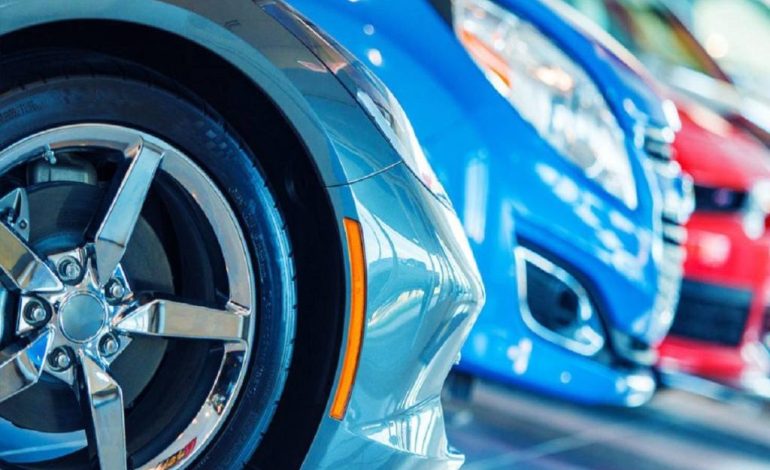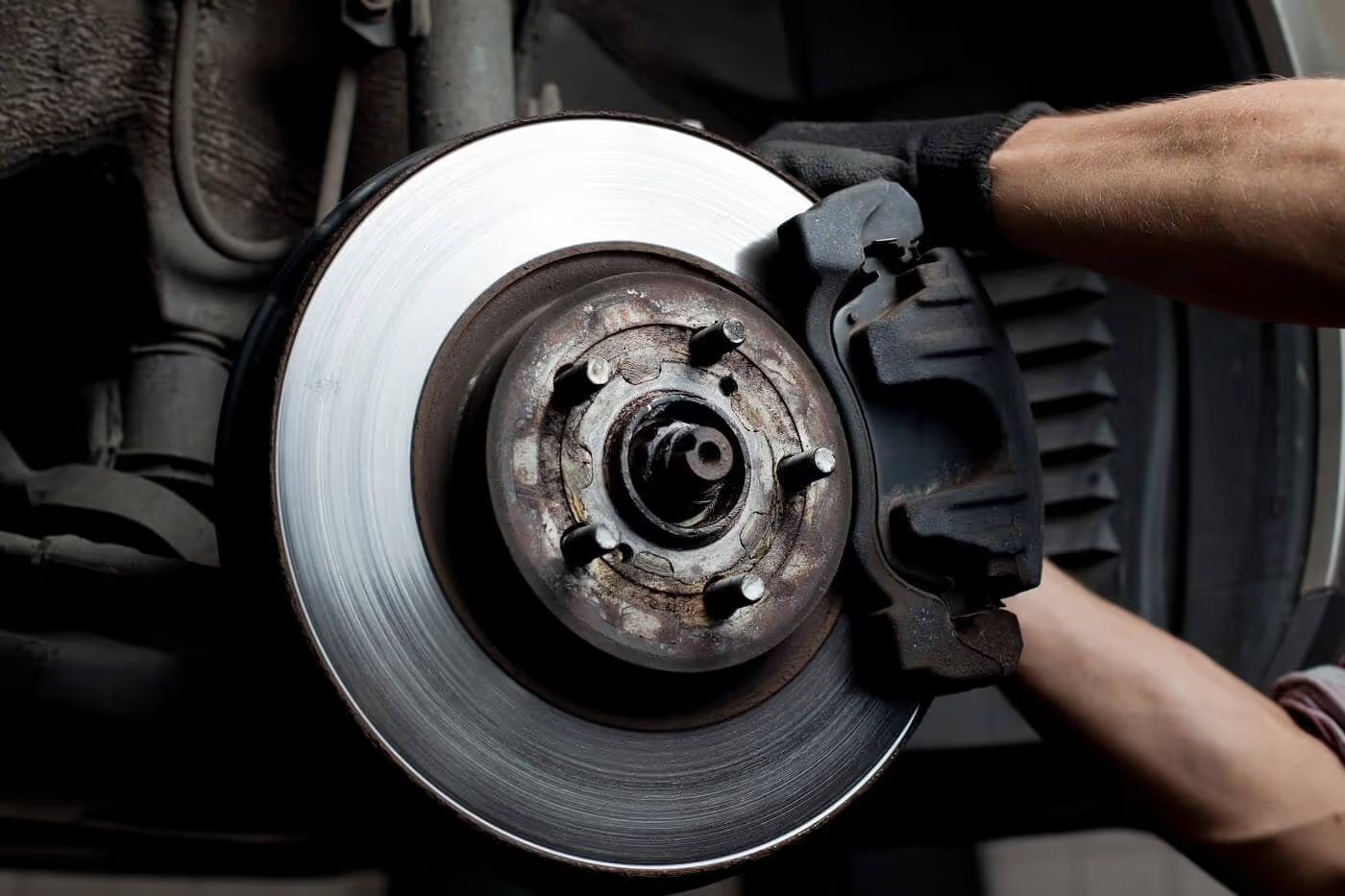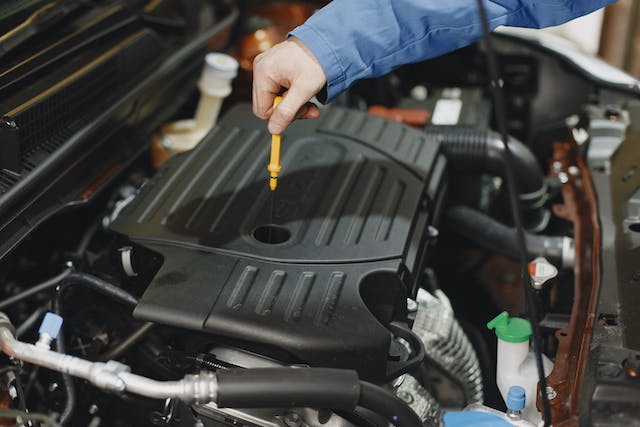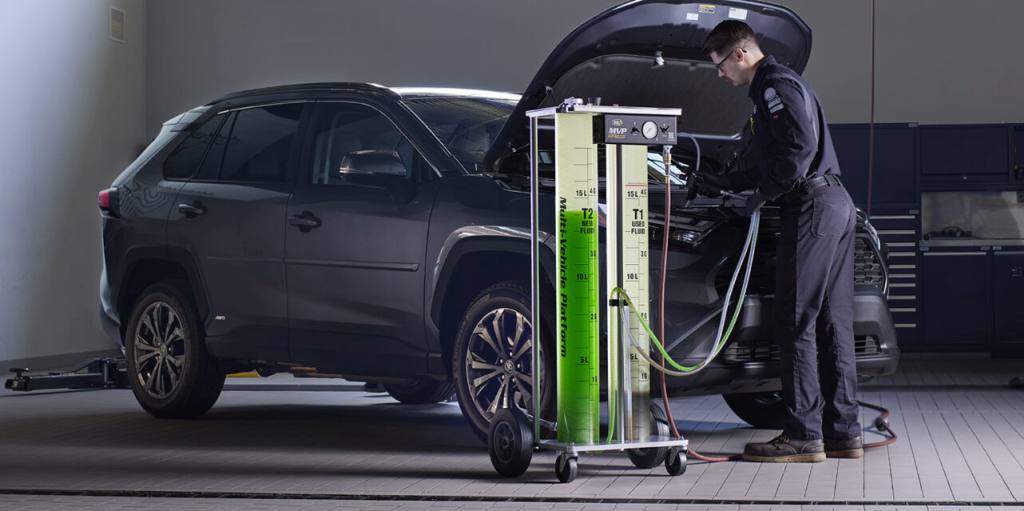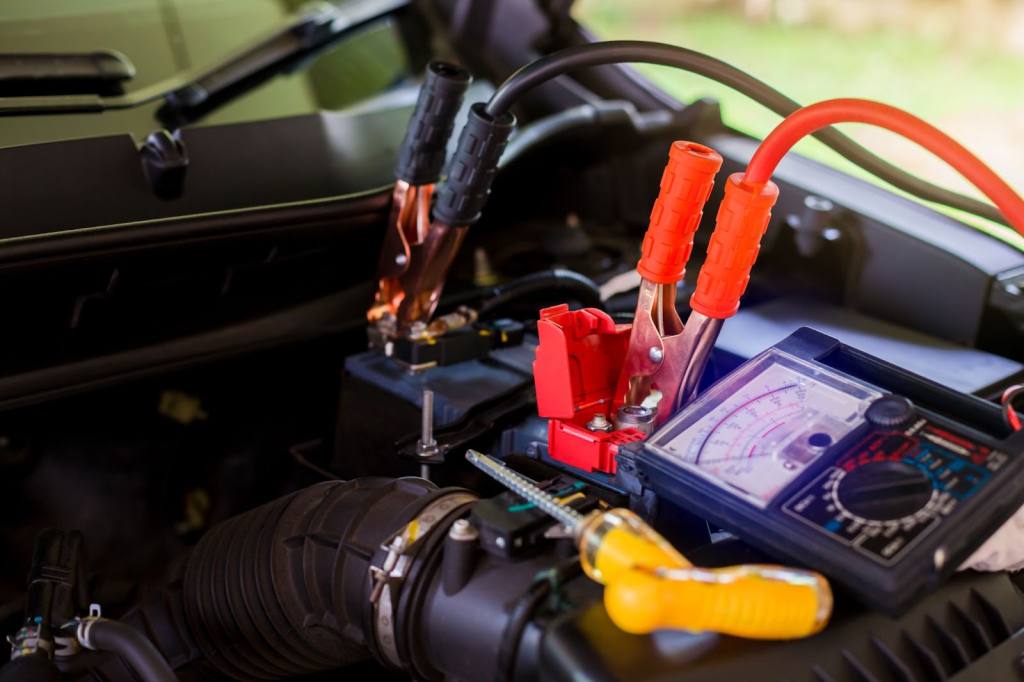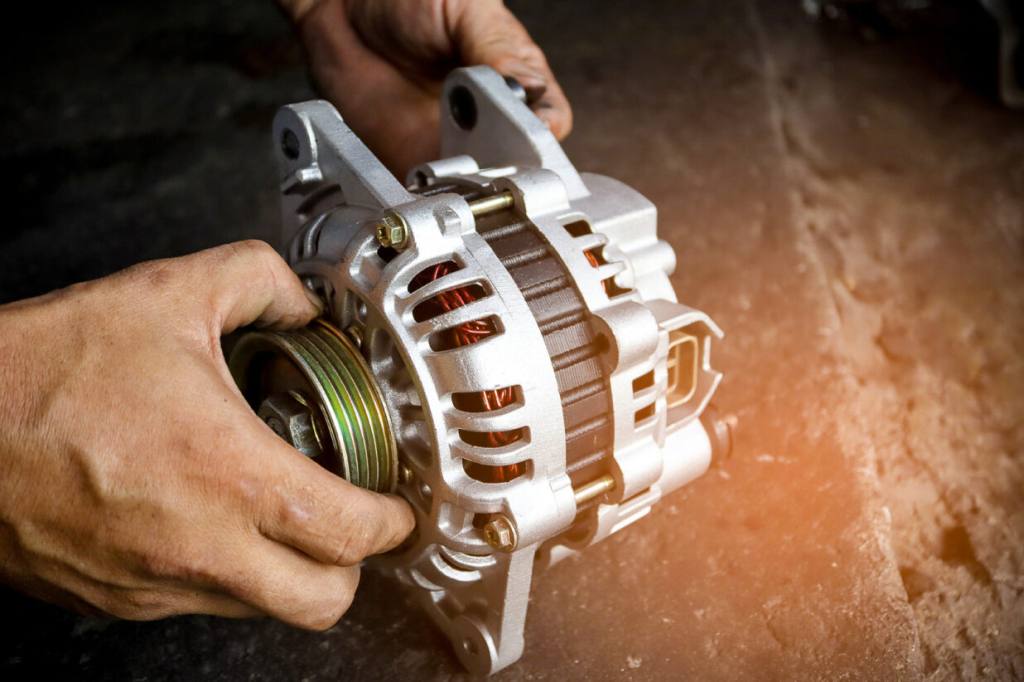DIY vs. Professional Car Maintenance
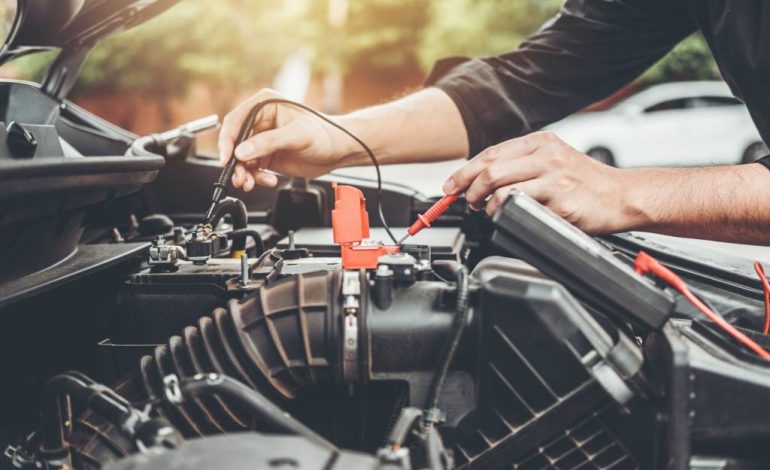
Keeping a car in good condition requires regular maintenance, which can either be handled through DIY efforts or by hiring a professional. Understanding the advantages and disadvantages of each approach can help car owners make informed decisions about how to care for their vehicles. This exploration of DIY versus professional car maintenance will highlight essential factors to consider before taking on the role of mechanic or passing the baton to a trained expert.
Cost Considerations
One of the most significant factors influencing the choice between DIY maintenance and professional services is cost. DIY car maintenance often appears more budget-friendly on the surface. Tools and materials for tasks like oil changes, air filter replacements, and tire rotations can be purchased at reasonable prices. Furthermore, car owners are saved from labor costs when they perform maintenance themselves. However, the initial investment in tools and equipment may add up, especially if one lacks the necessary items for more complex tasks.
Professional car maintenance, while more expensive upfront, may ultimately provide better value for certain services. Experienced mechanics have access to specialized tools and equipment and can diagnose issues quickly and accurately. This expertise can prevent unnecessary expenses related to trial and error. When weighing costs, it’s beneficial to balance the price of materials and potential mistakes against the value of professional efficiency and skill.
Skill Level and Experience
Skill level plays a vital role in determining whether DIY maintenance is feasible. Some car owners may possess the knowledge and confidence to tackle routine tasks such as changing oil, replacing filters, or rotating tires. Others may lack the experience and understanding to perform even basic maintenance correctly, which can lead to mistakes that result in more considerable issues down the line.
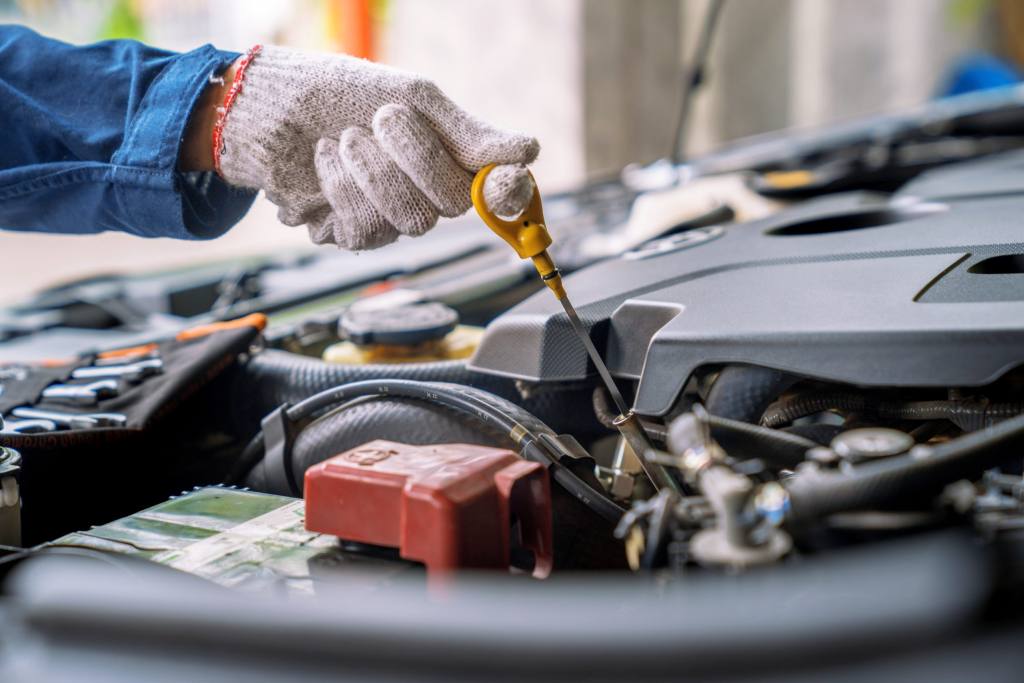
Choosing professional car maintenance ensures that highly trained mechanics handle the work. These experts not only know what needs to be done but can also identify underlying problems that a less experienced individual might overlook. Professional technicians stay updated on the latest automotive technologies and best practices. For complex repairs or advanced diagnostic work, relying on a professional is often the smartest choice.
Time Investment
Time is another critical consideration when deciding between DIY and professional car maintenance. Performing maintenance tasks can be time-consuming, especially for those without experience. What might take a seasoned mechanic an hour could take a novice several hours or even an entire day. Additionally, unexpected complications may arise that further delay completion. Car owners with busy schedules may find it challenging to dedicate the necessary time for proper DIY maintenance.
On the other hand, professional services typically provide quicker results. Mechanics efficiently diagnose and repair issues, often completing maintenance tasks in less time than it would take an individual to tackle them at home. Car owners can drop off their vehicles and go about their day without the inconvenience of spending hours working on them. For those with limited time or tight schedules, professional maintenance becomes a more appealing option.
Quality of Work and Guarantees
When it comes to the quality of work produced, professional mechanics generally have the edge. They are equipped with the skills and knowledge to ensure that every task is performed correctly and up to industry standards. Professional services often provide warranties for their work, giving car owners peace of mind in knowing that if a repair doesn’t hold up, they can return for fixes without incurring additional costs.
In contrast, DIY maintenance can sometimes lack the guarantees that professional services offer. Mistakes may not only result in the need for additional repairs but could also compromise safety and reliability. DIY efforts may suffice for minor tasks, but for crucial systems such as brakes or transmission, it’s often best to trust a qualified expert to ensure everything is functioning properly.
Conclusion
Deciding between DIY and professional car maintenance involves weighing various factors, including costs, skill levels, time commitments, and the quality of work. For minor tasks, confident DIY enthusiasts may find fulfillment and savings in handling routine maintenance themselves. However, complex issues often require the expertise, experience, and efficiency that professional mechanics provide. Ultimately, the right choice depends on individual circumstances, preferences, and comfort levels. Regardless of which path you choose, maintaining your vehicle is crucial for ensuring its safety, efficiency, and longevity. Regular maintenance, whether handled at home or by professionals, pays off in the long run by keeping your car in optimal condition and extending its lifespan.

